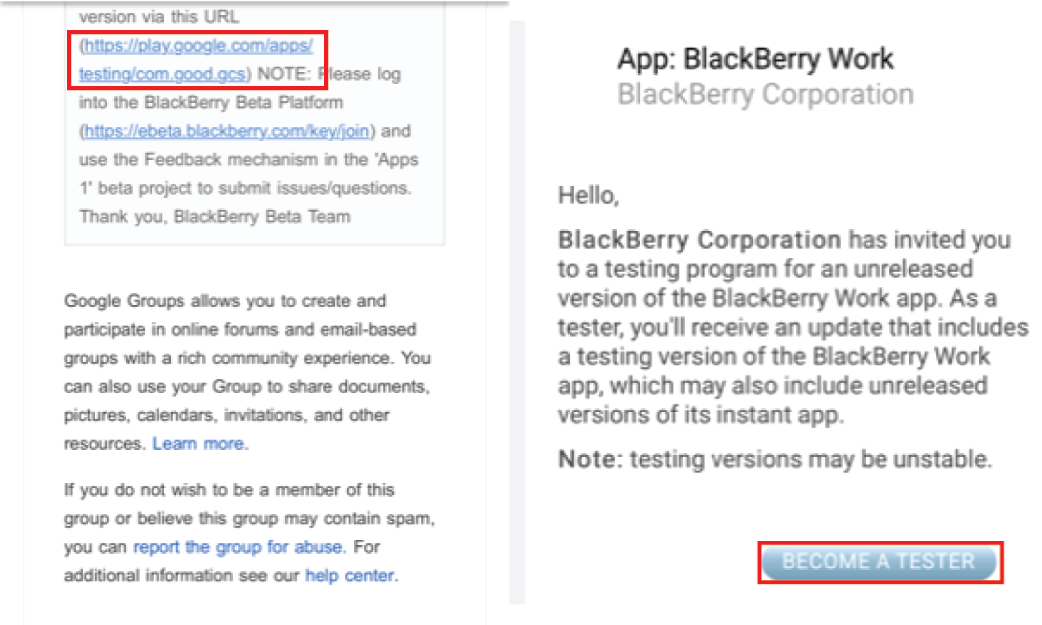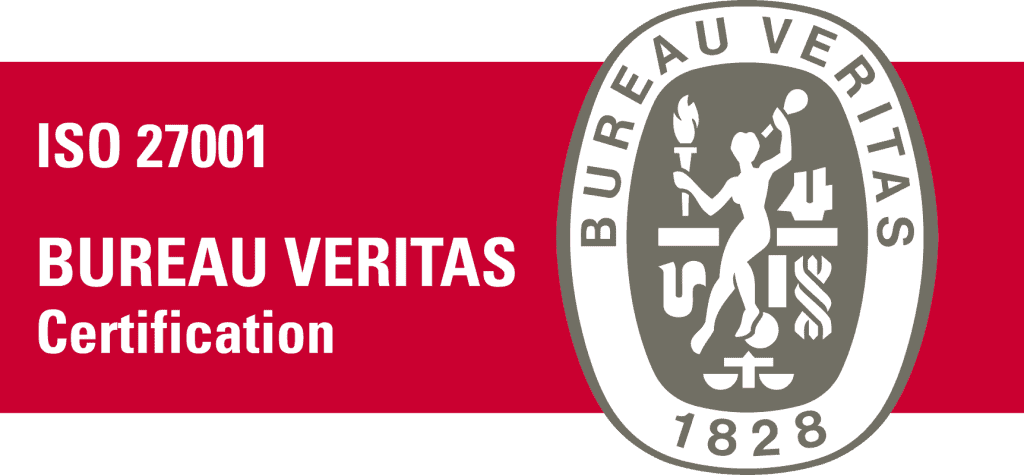
There are many career options available if you're interested in a career within zoology. These range from museums and conservation groups to veterinary medicine and agriculture. A career in zoology would be a good choice for someone who has a passion about animals and wants to work in a field that's always in style.
Conservation groups
Conservation groups in zoology are organizations that work to protect wildlife, protect ecosystems, or promote the study of specific species. These groups may be either national or internationally, and they often collaborate. They often work with government agencies or other organizations to protect public land and create legislation to protect endangered species. These groups often work with law enforcement to prosecute wildlife crimes.
Conservation biology emerged in the early 1980s, and its research has expanded rapidly. It applies theories from genetics as well as demography and population ecology in order to address specific conservation concerns. It is a rapidly growing discipline that has led to graduate and professional societies.

Museums
The number and scope of museums for zoology has increased over the past quarter century. They are not simply a dime museum. This is a common misconception. They are far from repositories of freaks and curiosities.
These institutions contain a wide range of specimens that represent the entire animal kingdom. These collections include dried shells as well as skeletal material. They also contain preserved whole specimens that have been fluid preserved. Many collections include bone and hair specimens.
Veterinary medicine
You may be interested in a career in veterinary medicine if you have a passion for animals and an interest in zoology. There are many possibilities for this career. You can become a veterinarian, work in a zoo, or even conduct research.
Consider the education requirements before applying for veterinary medicine. While some programs may not require a Bachelor’s degree, most applicants hold at least an undergraduate degree. Some schools require an advanced degree, or a fellowship postdoctoral.

Agriculture
The Agriculture job in Zooology focuses primarily on wildlife, plant, and human well-being. This requires both hands-on research and scientific knowledge. Most zoologists work in government agencies and undertake both basic and applied research. They may be employed by the National Research Council, Environment Canada, Fisheries and Oceans, Health and Welfare Canada, Industry Science and Technology, or provincial governments. Many zoologists work for private organizations that help to preserve endangered species and support conservation efforts. They can also help to plan conservation efforts, lobby governments, and study the welfare and reproduction of animals.
You can pursue a master's in agricultural biology or a doctorate. These degrees may be required for research positions and advanced roles. They may help applicants stand apart during the application procedure. However, these advanced degrees require extensive research and can take two or more years to complete.
FAQ
How much does it cost to hire a consultant?
There are many factors that influence the price of consulting services. These include:
-
Project size
-
Time frame
-
Scope and nature of work
-
Fees
-
Deliverables
-
Other factors to consider include location, experience, and other considerations.
What skills are necessary for consulting?
A consultant should have strong analytical skills as well as interpersonal skills. This is essential because you will be working on projects that you don't know the details of. You must learn how to manage people and solve problems quickly.
A strong communication skill is also necessary. Most clients expect an answer within 24hrs. If they don’t hear back, they assume that you aren’t interested. It's crucial to keep them informed and make sure they understand everything.
What is a consultant anyway?
A consultant is someone who provides services for other people. It's not just a job title; it's a role where you help others achieve what they want from life. This involves helping them to understand their choices and making the right choices.
Consultants are skilled at solving problems and overcoming challenges that can arise during projects. Consultants can also offer advice and guidance regarding how to implement these solutions.
Consulting should be able address questions related to law, finance and technology.
What is the difference?
A consultant is an advisor who gives information on a particular topic. A consultant can offer solutions.
A consultant works directly with clients to help them achieve their goals. A consultant provides advice to clients through books and magazines, lectures, seminars, and other means.
What type of contracts are available to consultants?
Most consultants sign standard employment agreements when hired. These agreements outline how long the consultant will work for the client, what he/she will get paid, and other important details.
Contracts specify the area of expertise that the consultant will specialize in and the amount they will be paid. An agreement could state, for example, that the consultant will offer training sessions, workshops and webinars.
Other times, the consultant simply agrees to complete specific tasks within a specified timeframe.
Many consultants also sign independent contractor agreement in addition and standard employment agreements. These agreements allow the consultant work on his/her own but still receive compensation for his/her efforts.
What types of jobs are available as a consultant?
A job as a consultant requires you to have an excellent understanding of business strategy and operations. Understanding how businesses work and their place in society is also essential.
Consultant work requires excellent communication skills and the ability to think critically.
Consultants must be adaptable because they may be asked to do different tasks at different times. They should be able change direction quickly, if required.
They must be willing to travel for their clients. This type of work can take you all around the globe.
They should also be able manage stress and pressure. Consultants may need to meet strict deadlines.
Consultants might be required to work long hours. This means that you may not always get paid overtime rates.
What is the real value of consulting?
Consulting is not only an entry-level profession for those looking to make fast money, but it's also an excellent way to acquire valuable skills that you can apply throughout your career.
Consulting offers many opportunities in project management as well as business development, strategy and training. You might find yourself working on projects ranging from small start-ups to large-scale international corporations.
Consulting provides you with the opportunity to develop and hone your skills, as well as gain experience within a range of industries. This could include learning how to manage teams, write proposals, manage budgets and analyze data.
Statistics
- So, if you help your clients increase their sales by 33%, then use a word like “revolution” instead of “increase.” (consultingsuccess.com)
- According to statistics from the ONS, the UK has around 300,000 consultants, of which around 63,000 professionals work as management consultants. (consultancy.uk)
- Over 62% of consultants were dissatisfied with their former jobs before starting their consulting business. (consultingsuccess.com)
- 67% of consultants start their consulting businesses after quitting their jobs, while 33% start while they're still at their jobs. (consultingsuccess.com)
- My 10 years of experience and 6-step program have helped over 20 clients boost their sales by an average of 33% in 6 months. (consultingsuccess.com)
External Links
How To
What Does A Typical Day For A Consultant Look Like?
A typical day will vary depending on the type of work you are undertaking. You'll spend your time researching new ideas and meeting clients.
You will often have meetings where you discuss issues and problems with clients. These meetings can be done over the phone or via email.
Also, proposals are documents that outline your ideas or plans for clients. These proposals will be presented to clients by you and a mentor.
After all the planning and preparation you will have to put your efforts into creating some content. For example, you could be writing articles, designing websites, creating videos, editing photos, or conducting interviews.
Based on the scope and complexity of the project you may need research to obtain relevant statistics. This could include finding out how many customers your company has and whether they purchase more than one product.
Once you have collected enough information, it's now time to present the findings to your clients. Your findings may be delivered orally, or written.
After your initial consultation, you should follow up with your clients. For example, you could call your clients periodically to check how things are going. Or send them emails asking them to confirm they have received the proposal.
This process takes time, but it's important to ensure that you stay focused and maintain good relationships with clients.